Across Malaysia, “Wagyu” has become a billion-ringgit buzzword, used to inflate prices and boost profits. A recent KL Foodie video from the Ramadan Bazaar in TTDI featured a nasi goreng seller claiming to use Wagyu, yet the dish lacked vegetables, costing a staggering RM25.
Meanwhile, in Kedah, a seller advertised a “Wagyu pizza” priced at RM70+. Some customers questioned whether the beef used had the fine marbling typically found in Wagyu, noting that it appeared similar to “batang pinang”, a common tenderloin cut.
Are you truly getting premium-quality beef, or just paying extra for a clever marketing trick? With no strict regulations, many restaurants and food vendors freely use the term Wagyu, often without delivering authentic Wagyu beef.
2. Malaysia’s Loophole: No Regulation on Wagyu Labels
Unlike Japan, Australia, or the U.S., Malaysia has no legal definition for Wagyu beef, meaning sellers can misuse the term without consequence.
How Wagyu is Regulated in Other Countries:
- Japan: Wagyu is A1 to A5 graded, based on marbling, texture, and color.
- Australia: Wagyu follows Meat Standards Australia (MSA) grading, focusing on marbling scores (MS1-MS9).
- USA: The American Wagyu Association ensures breed purity and labeling accuracy.
In Malaysia, however, there is no official Wagyu grading, so sellers use vague labels to justify price hikes:
Common Wagyu Marketing Tricks in Malaysia:
- “Wagyu-Style” Beef: Looks marbled but isn’t real Wagyu.
- “Wagyu Blends”: Mostly regular beef with only a small portion of Wagyu.
- Ambiguous Labels: “Wagyu-Style” or “Mixed Wagyu” sound premium but aren’t regulated.
3. You’re Paying Twice the Price : For a Label
Would you willingly pay 200% more just for a buzzword?
That’s exactly what’s happening across Malaysia:
| Item | Regular Beef Price | “Wagyu” Price | Price Increase |
| Burger | RM10 | RM30+ | 200% More |
| Steak (200g) | RM50 | RM150+ | 200-300% More |
| Donburi Bowl | RM20 | RM60+ | 200% More |
Watch This: Is “Wagyu” Ground Beef a Scam?
If you’ve ever wondered whether “Wagyu” ground beef is real or just another marketing gimmick, check out this video:
Even in supermarkets, many “Wagyu” beef patties are heavily diluted and not 100% real Wagyu. Can you imagine how much worse it is in an unregulated market like Malaysia, where stall vendors and restaurants can label anything as Wagyu without oversight?
4. The “Luxury Pricing Trap” : More Than Just Wagyu
Sellers don’t just use this trick for Wagyu, luxury branding tactics make consumers pay more for marketing rather than quality.
Other Overpriced Food Trends in Malaysia:
- Truffle Fries: Usually fries with synthetic truffle flavoring.
- Gold-Coated Burgers: Gold leaf has no taste, but adds a “luxury” markup.
- Artisanal Products: Ordinary ingredients marketed as “handcrafted” to justify inflated prices.
Join thousands of Malaysians receiving expert advice on saving, investing, and financial planning every week.
5. How to Spot Real Wagyu and Avoid Overpaying
Want to stop overpaying? Here’s how to identify real Wagyu:
- Verify the Origin: Authentic Wagyu beef comes from Japan (Kobe, Miyazaki) or certified Australian farms.
- Check the Marbling: Real Wagyu has fine, even marbling, not just random fat streaks.
- Price Check: If it’s too cheap, it’s likely not real Wagyu.
- Ask Questions: Trustworthy sellers will explain their Wagyu source, grade, and certification.
Final Verdict: Are Malaysians Being Fooled?
The short answer? Often, yes.
While not every “Wagyu” label in Malaysia is deceptive, too many are taking advantage of consumer perceptions, charging premium prices without providing premium beef.
Being informed is your best defense. Know what real Wagyu is, question the sellers, compare prices, and remain cautious. By being an informed consumer, you can ensure you’re getting true value, not just a trendy label.
How to Be a Smart Consumer:
- Always ask for proof of authenticity.
- Compare “Wagyu” vs. regular beef prices before ordering.
- Be skeptical of cheap Wagyu, it’s likely fake.
Share this article with your friends and family to help more Malaysians avoid falling for Wagyu marketing tricks and save money on overpriced food trends.
During Ramadan, luxury hotels often mark up buffet prices using similar pricing tactics. Are you really getting what you pay for, or is it just another marketing trick? Read this: Overpriced Ramadan Buffets in Malaysia: The Hidden Truth You Need to Know
This article was featured on SAYS.com as a republished version. Read it here

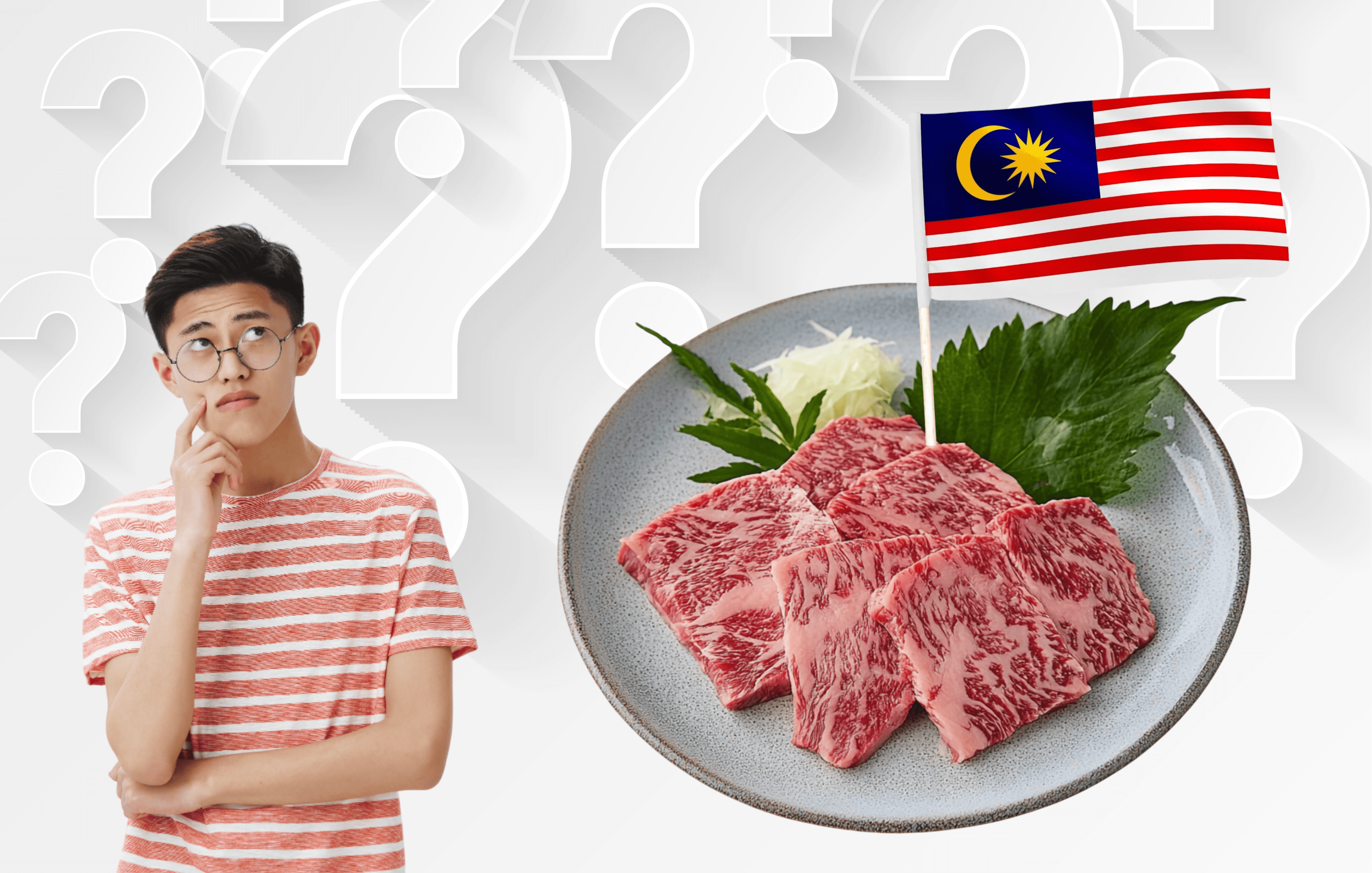

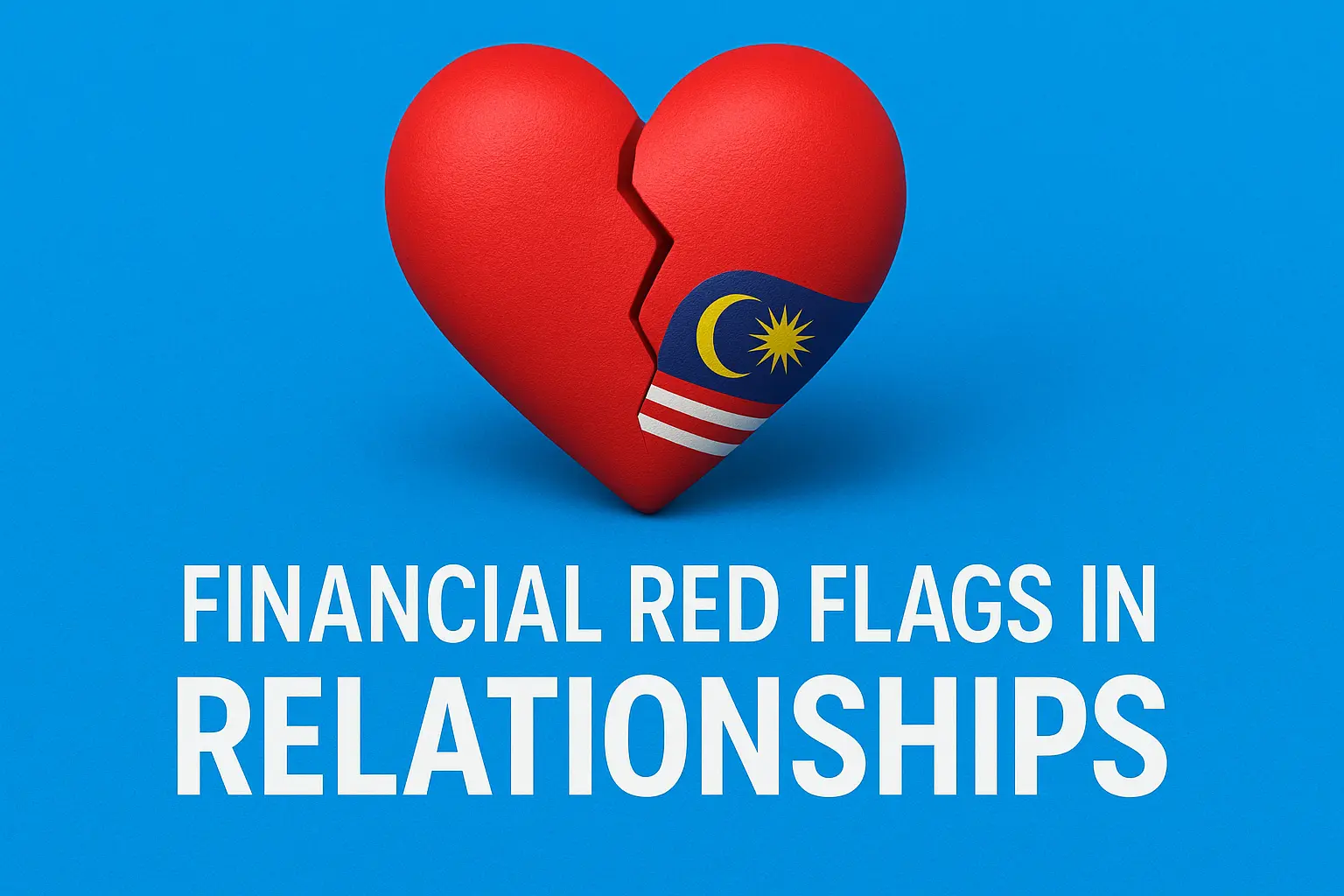
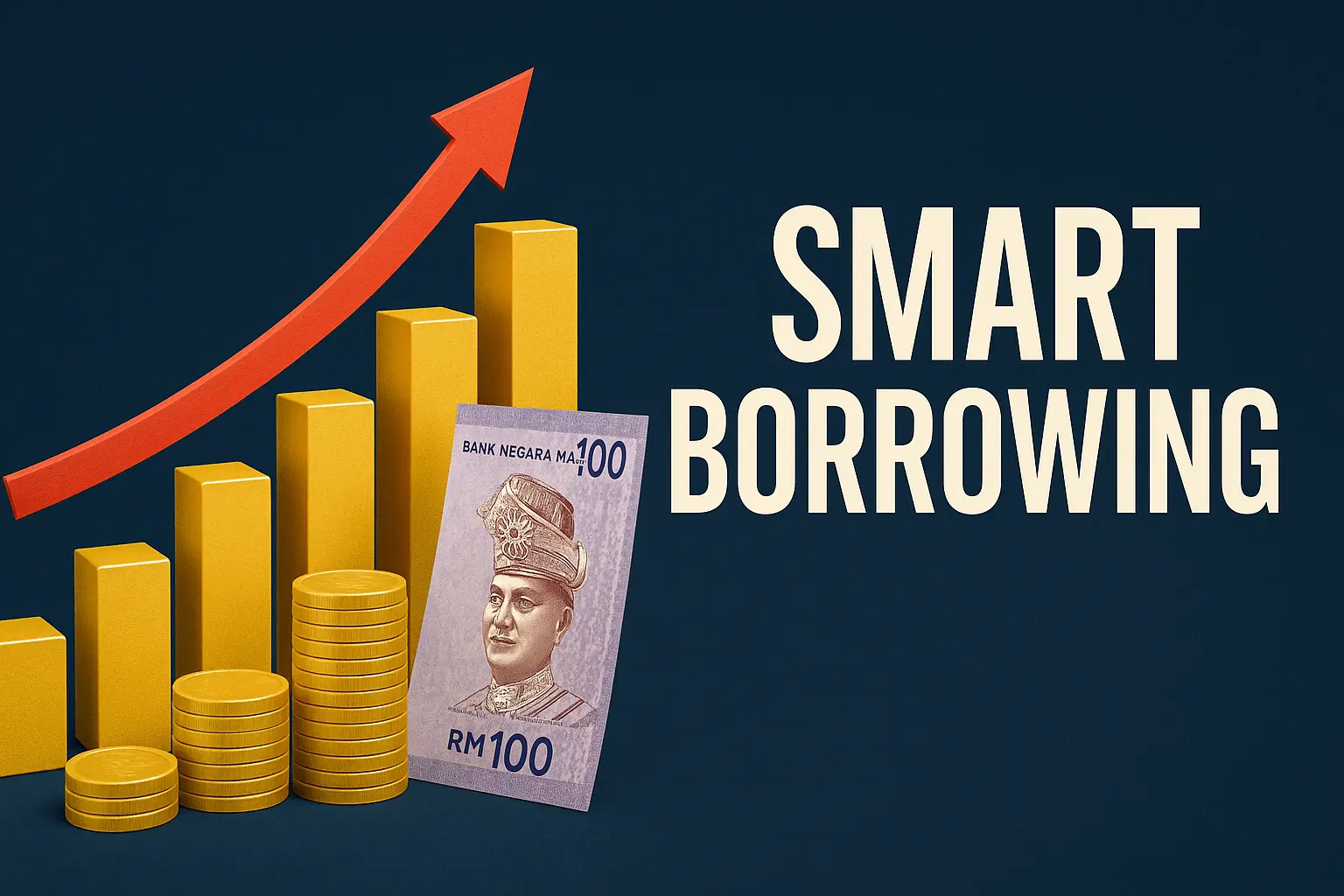
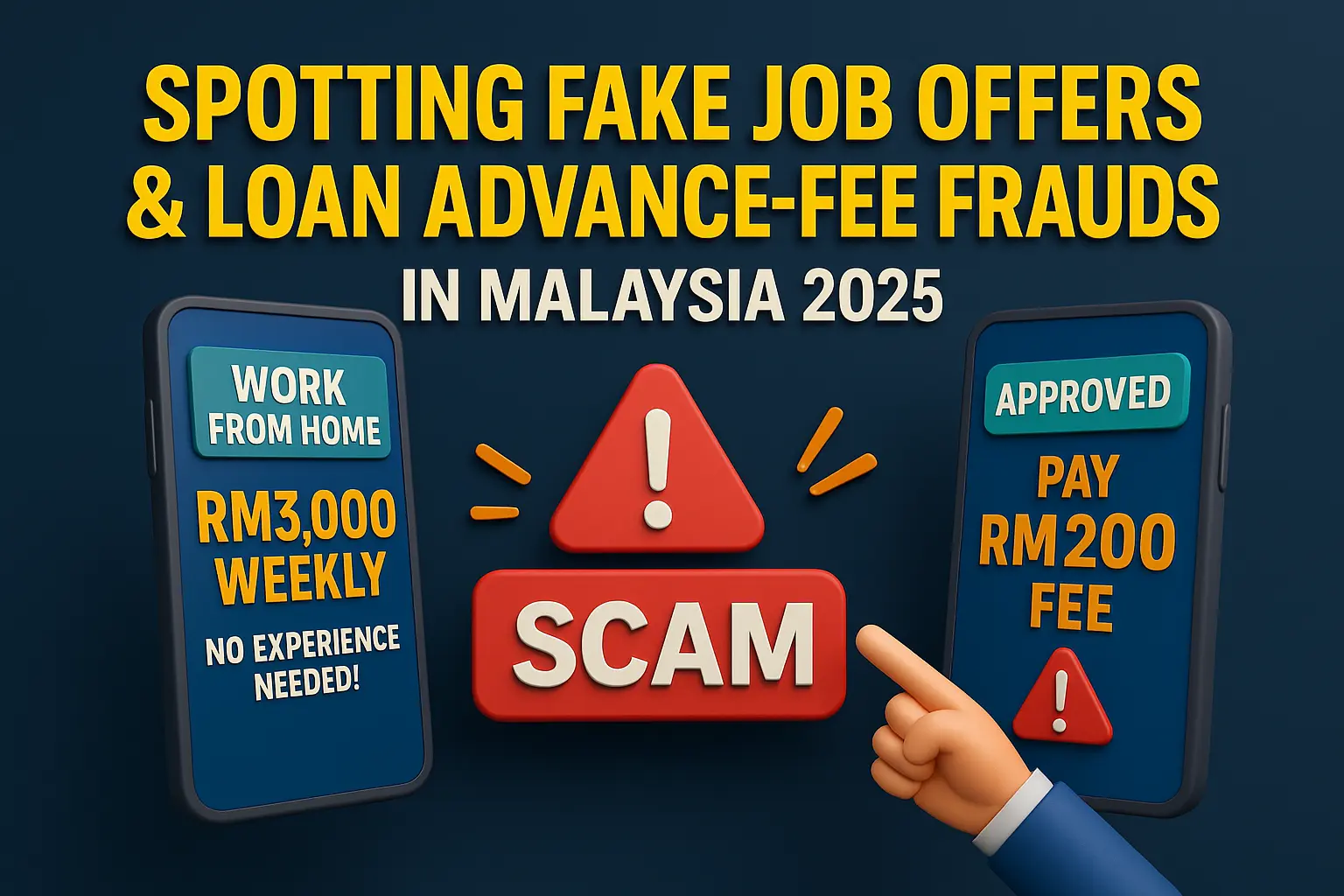
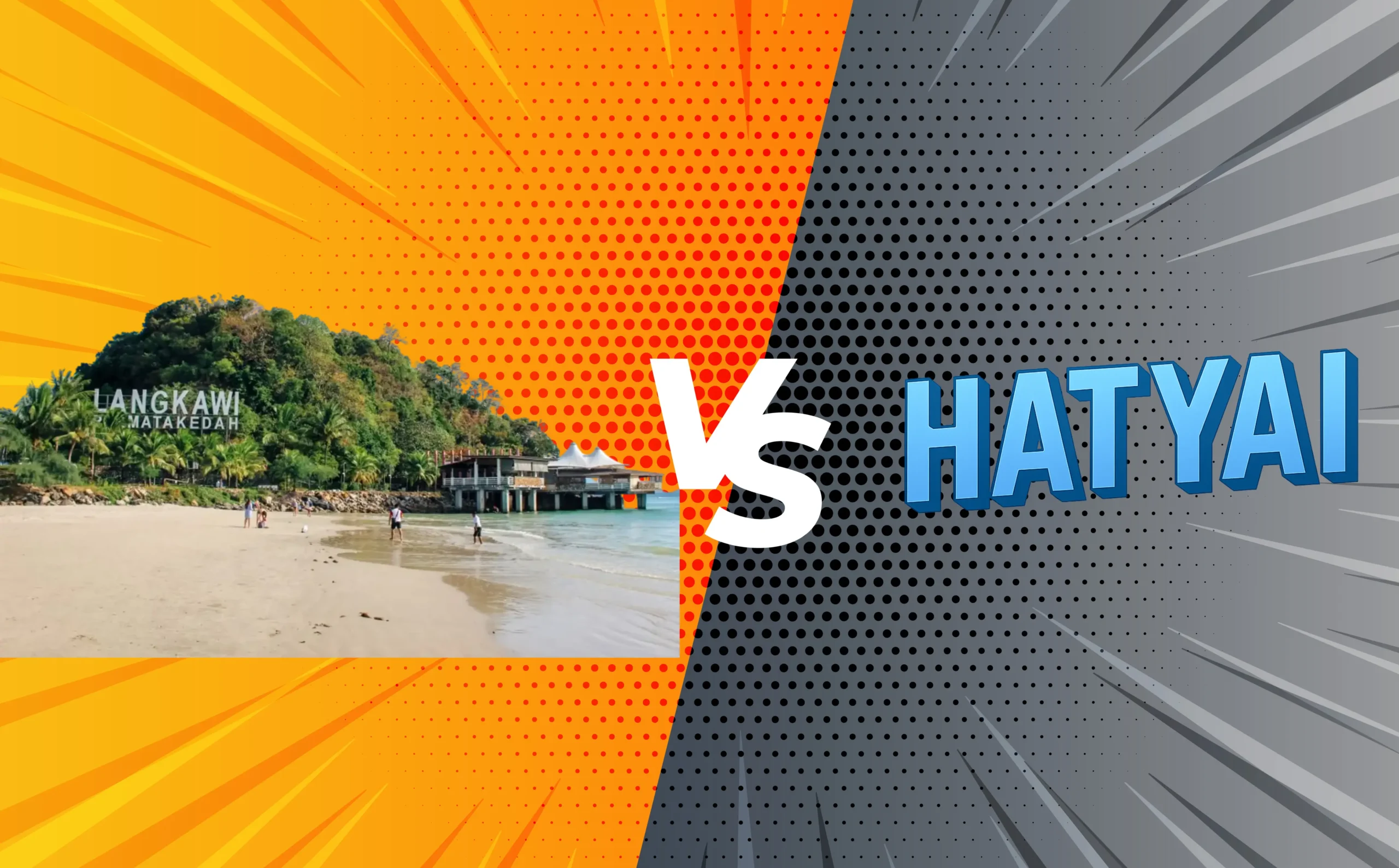
One thought on “Are Malaysians Being Fooled? The Truth About “Wagyu” Scam in Malaysia”